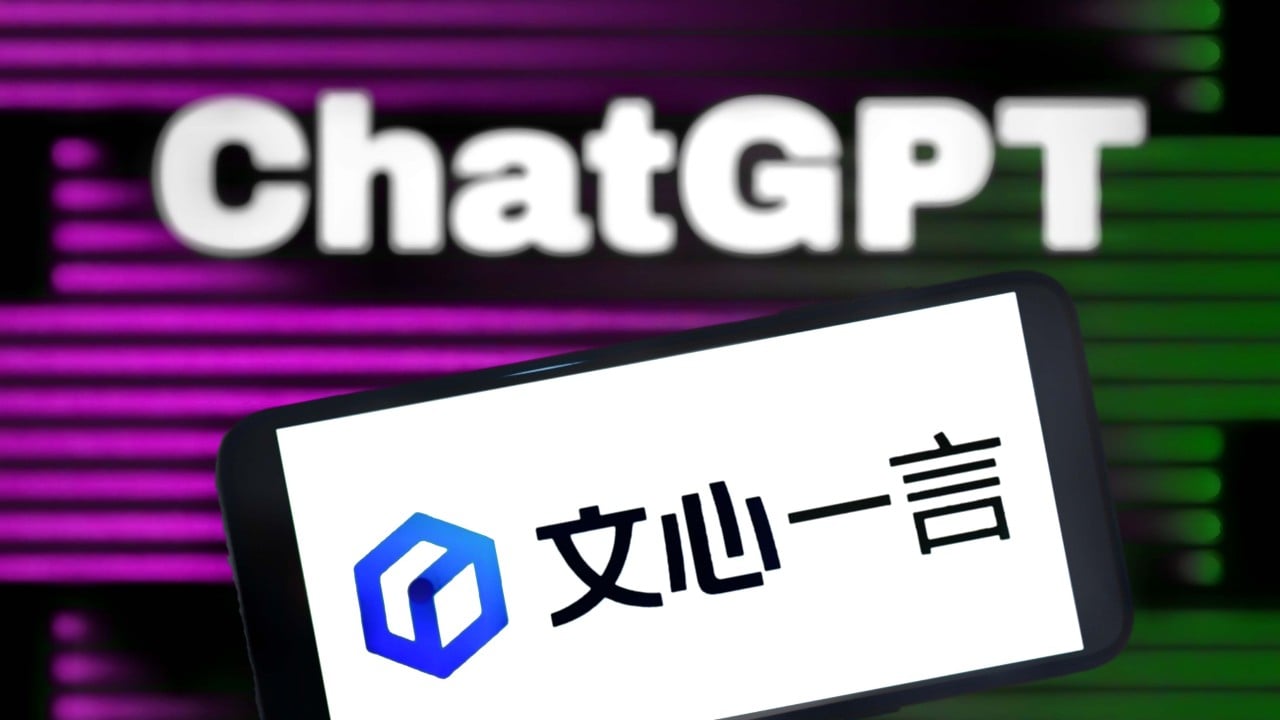Advertisement
Alibaba strengthens commitment to open-source development of AI models amid debate over this strategy
- Alibaba has its sights set on becoming ‘more aggressive in open-source [development]’ after the gains made by its Tongyi Qianwen AI model
- This AI push could fuel further debate on whether China can continue relying on open-source development, instead of bolstering its own tech ecosystem
Reading Time:3 minutes
Why you can trust SCMP

Ann Caoin Shanghai
Alibaba Group Holding has strengthened its commitment to the open-source development of its large language model (LLM) – the deep-learning technology used to train generative artificial intelligence services like ChatGPT – several months after Tongyi Qianwen was made available to third-party developers.
Advertisement
The e-commerce giant could have been “more aggressive in open-source [development]” over the past year based on the gains made by Tongyi Qianwen, according to Alibaba’s Lin Junyang, who is in charge of the model’s open-source buildout, in a WeChat post published on Monday. Alibaba owns the South China Morning Post.
“We really feel the power of the open-source community,” Lin said in the post published by Alibaba’s open-source platform ModelScope. “After contributing to the community, the community has also given us a lot of feedback.”
Open source gives public access to a program’s source code, allowing third-party software developers to modify or share its design, fix broken links or scale up its capabilities. Open-source technologies have been a huge contributor to China’s flourishing tech industry over the past few decades.
After Tongyi Qianwen’s launch in April last year, Alibaba’s cloud services unit, which is responsible for AI initiatives, open-sourced two simpler forms of its LLM that were trained on 7-billion “parameters” – a machine-learning term for the variables present in the model on which it was trained that can be used to infer new content.
Advertisement

Advertisement
